Our love for travel should resonate in our socially responsible attitude towards the incredible planet we inhabit; leaving it a greener, healthier and safer place to live for generations to follow. Sustainable Tourism is a modern lifestyle that believes in peaceful co-existence, reduction of waste, and preserving biodiversity. In today’s date where climate changes are altering life patterns around the globe, travellers and hoteliers both have added social responsibility to practice a steadfast commitment towards environmental sustainability. Worldwide the Sustainable Development Goals Agenda 2030 aims to “devise and implement policies to promote sustainable tourism that creates jobs and promotes local culture and products.”

In a nutshell, Sustainable Tourism can be broadly classified as promoting the following:
- Stable and inclusive economic growth for communities and ecosystems affected by the travel industry.
- Sustainable Consumption and Production that limits wastage.
- Conserving Non-Renewable Resources.
Page Contents
Hotel Industry Guide: Sustainable Tourism
The travel industry has raised awareness regarding environment-friendly sustainable tourism as the need of the hour for resorts, hotels, and restaurants with simple measures like the following:
- Energy-efficiency: With the help of solar and wind power, energy can be produced via carbon-free sources to help with sustainable lighting, heating, and cooling solutions. This helps to reduce the load on electricity.
- Water–efficiency: Certain taps and toilets can help conserve water by restricting flow. Earlier, 5-7 gallons of water were used in every flush; the older the WC the more water it uses. New toilets are designed to use 1.6 gallons of water per flush.
- Rainwater Harvesting: Collecting and storing rainwater, rather than allowing it to run into drains. This helps to restore depleting groundwater reserves.
- Highlighting Conservation: Placing placards in the washrooms raises awareness among people and educates travelers on how water can be conserved. Throwing non-biodegradable waste in the toilets leads to an expensive and inconvenient task.
- Towel and Linen Reuse: Guests are offered to reuse these particular utilities, this helps in minimizing hotel utility maintenance and costs, saving water and energy.
- Toiletry refill containers: Installed in bathrooms for reducing packaging waste. Option for eco-friendly toiletries also helps to cut back on pointless plastic pollution.
- Sustainable bottles: Choosing glass or earthenware bottles over plastic ones helps in economizing the cost and waste of plastic bottles.
- Ditch plastic straws: A plastic straw can take up to 200 years to decompose. This has been replaced by eco-friendly biodegradable straws or even better the long-lasting steel ones that one can carry for personal usage.
- Compostable food containers and cutlery: Single-use plastic can outlive generations. Biodegradable cutlery doesn’t release harmful chemical fillers in our food and produces a smaller carbon footprint than traditional plastics.
- Safe disposal or recycling of electronics, batteries, and lightbulbs: Giving electronic waste to a certified e-waste recycler will help to minimize carbon footprint and ensure proper recycling.
- Food waste reduction: Hotel industries and restaurants see maximum food being dumped at the end of each day. Decomposing kitchen waste into nutrient-rich soil helps to also enrich the earth, it is the best natural fertilizer.
- Organic food and beverages: Growing your produce is better than buying packaged food that has been on store shelves. Packaged sugar drinks are harmful to the environment and the human body.

- Responsible purchasing policy: Local means within 100km of the establishment. Buying locally sourced materials and food helps to flourish the local economy and creates jobs. Purchasing from farmers is better than from a food chain.
- Employing locals: This also helps to avoid displacement of locals and renews the destination’s tourism infrastructure. Growth and development of the local economy flourish the destination.
- Preferring vegan and vegetarian meals: The production of meat is responsible for 41% of global greenhouse gas emissions according to the UN Food and Agricultural Organisation. Statistics state there would be a 70% decrease in CO2 food-related emissions if the meat-eating populace would turn vegan.
- Using Organic Cage-free eggs: Hens are free to walk around and lay eggs in their nests. These eggs are cruelty-free and healthier, they contain higher protein, lower cholesterol, and less saturated fats.
Many hotels have redesigned and applied the aforementioned positive changes for sustainable tourism. One can always check hotel websites and look for the topic ‘Sustainability’, to understand the hotel’s measures for eco-tourism.
Mana Hotels in Ranakpur has set a high precedent as a responsible and sustainable tourism promoting establishment. This is one of the best hotels in Rajasthan that has adopted leading eco-friendly techniques to endow prosperity to the serene valley of Ranakpur.
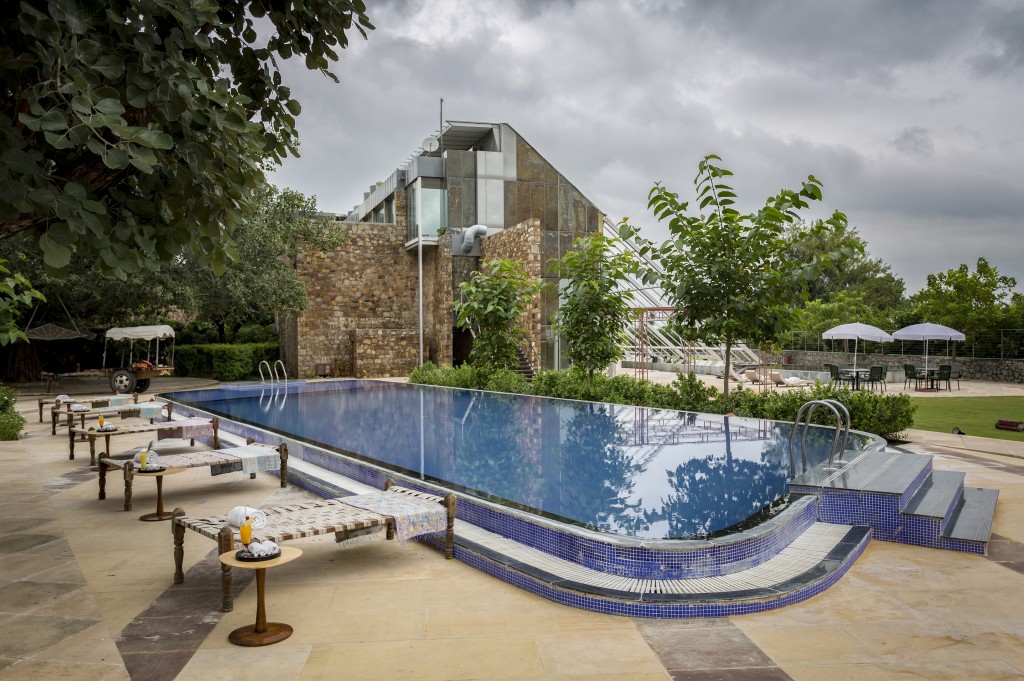
Mana Loves Mother Nature:
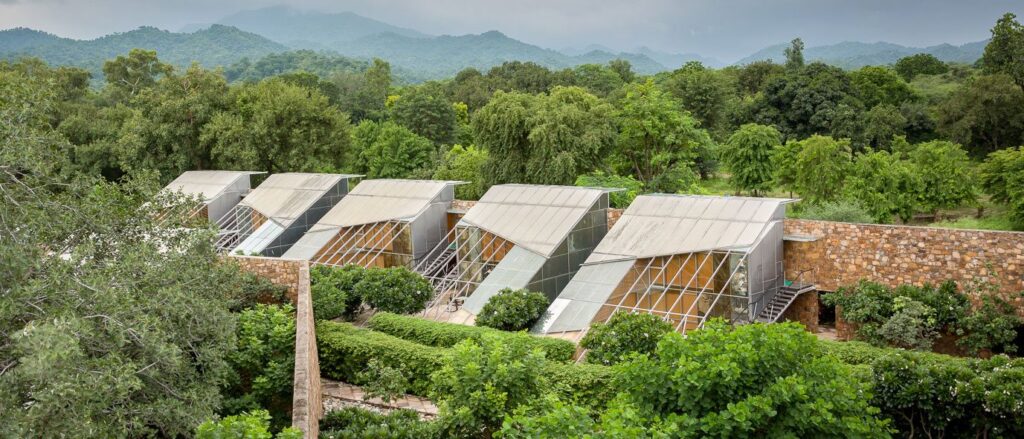
Beauty and sensibility are at the heart of Mana’s core design. The hotel has an innovative structure made with only 3 building materials namely glass, brick-mortar, and steel. Keeping in mind the green milieu of the valley, the hotel had been built without harming the flora and fauna surrounding it. Rather, it has encouraged the planting of trees that sustain the atmosphere at Mana with a soothing oxygen-rich aura. Far from the pollution and hustle-bustle of city life, folks come to Mana to recharge their body with fresh air and outstanding views of the azure hills.
Mana For Community: The hotel strictly uses local construction materials and methods to give employment to the skilled labour available here. Services decor and event management are also outsourced locally, to reduce carbon emission that arises due to long-journey transportation.
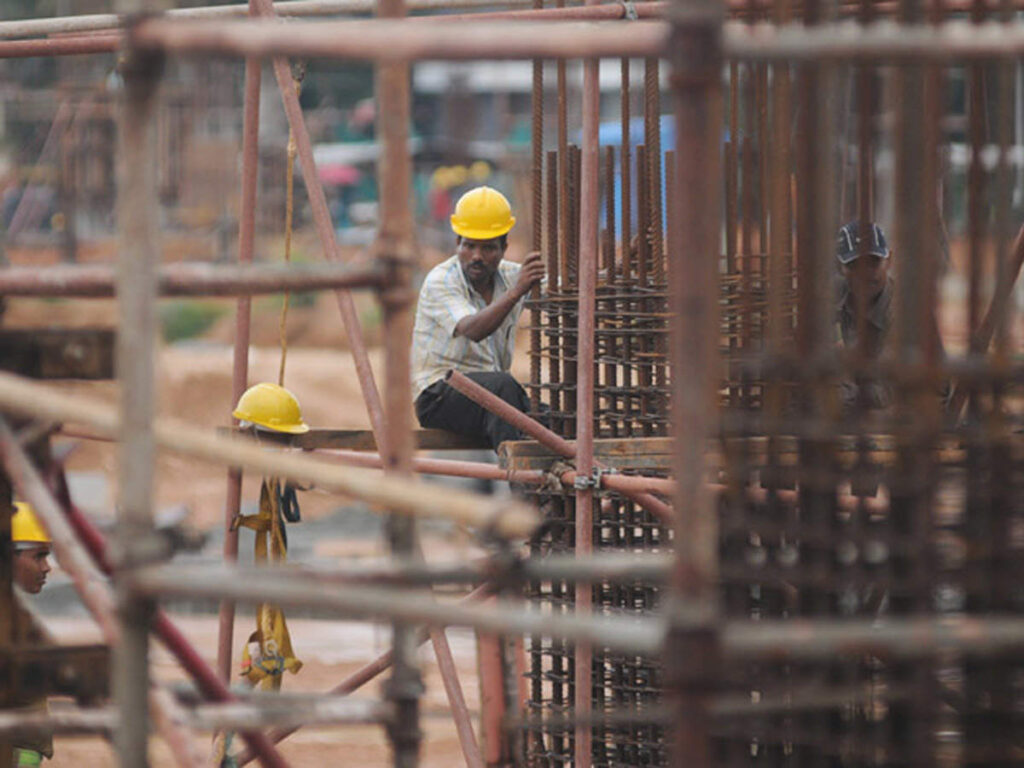
Mana also purchases food produce directly from the local markets, empowering the farmers and small vegetable & fruit sellers. In a bid to give back to the community in Ranakpur, 50% of the workforce employed by the hotel is local. For tourist safety, the entire staff at Mana has been vaccinated against Covid-19. Mana as an exemplar institution believes in stimulating the local economy, without disturbing or displacing the community settled here. It is the first and foremost step towards socially responsible and sustainable tourism.
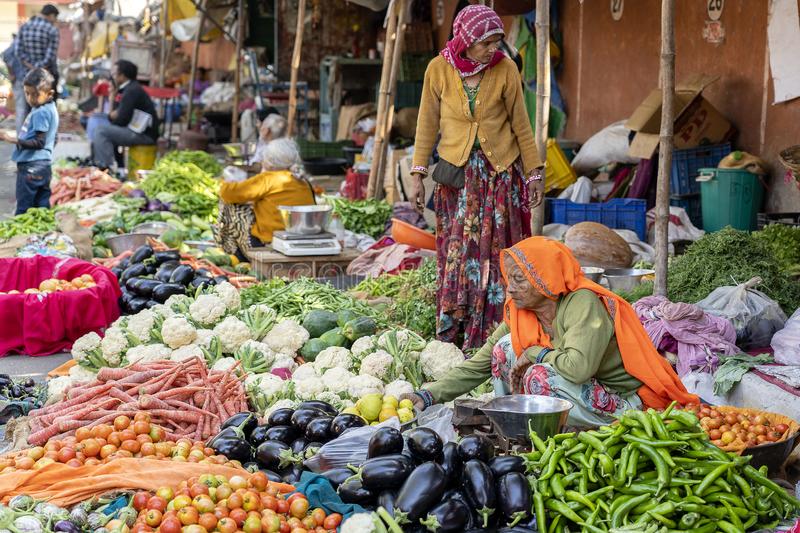
Mana’s Energy:
Saving non-renewable sources like electricity and water is a benchmark that environment-friendly institutions adhere to. Mana Hotels has installed a sewage water treatment plant to reduce water wastage. Three rainwater harvesting tanks are located underground on the hotel grounds to store and replenish groundwater reserves. Water conservation is as essential as clean drinking water, and a handy tool to implement sustainable tourism. The property also produces carbon-free electricity of 90kW via solar generation. Energy from carbon-free sources signifies on-site clean energy generation, this is a healthy precedent for incorporating an environmentally-friendly hotel lifestyle.
Mana Cares:
Mana Hotels in Ranakpur has maintained eco-friendly glass bottles with clean drinking water. Replacing single-use plastic bottles is the smarter way to practice sustainable tourism. Not only do these plastic bottles clog landfills, oceans, and drains; they are a biohazard that won’t decompose until 450years from the time of being discarded. Mana has also installed toiletry refill containers in bathrooms to limit the wastage of plastic. Reusing fixed containers that are easy to use and refill is economical and sustainable.

Traveller’s Guide: Responsible Tourism
To sustain the environment and community, the traveller too can make significant changes to promote responsible tourism. Behaving conscientiously towards the places you visit can leave a huge positive impact on the destination. Living sustainably is good for the environment, your health and is economical. Visit a Wildlife Sanctuary: Take your family camping, on a trek up a hill, or explore the wildlife scene. Visiting a zoo promotes animals being caged and entrapped for entertainment purposes.
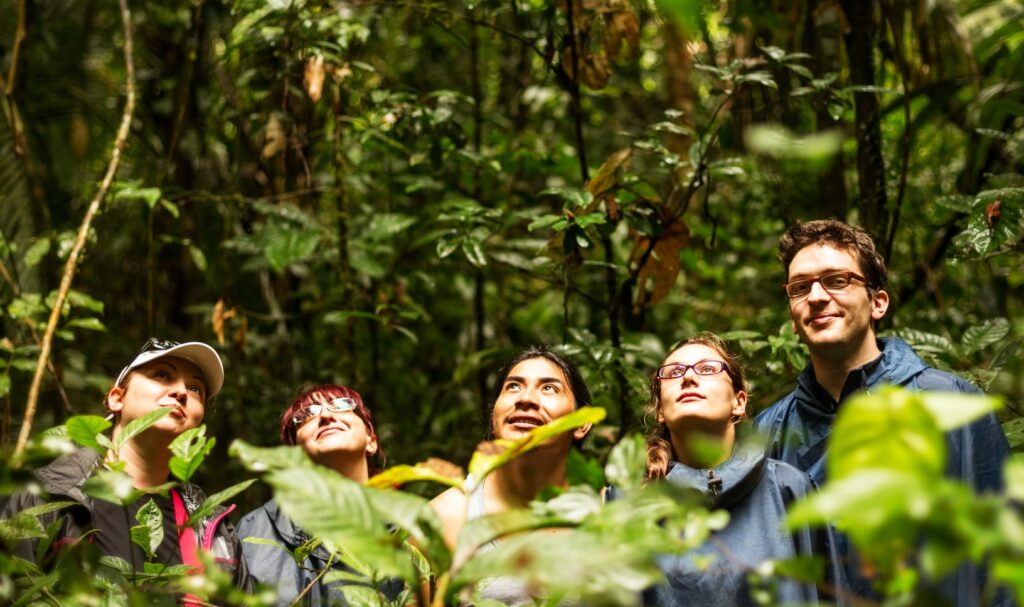
- Buy Local: Replenish the local community by buying local food, crafts, and artisans’ wares. Visit the local fairs and markets rather than commercial giants like malls and restaurants. This helps to empower and restore faith in the local arts & crafts.
- Avoid Plastic: Stay conscious of the environment and carry your sustainable bag and water bottle. Do not litter on the roads. Segregate wet and dry waste while discarding it.

- Bamboo Brush & Steel Straws: Easily available online, these are nature-friendly substitutions for plastic commodities. Carry your own, instead of asking the hotel for these. Small eco-friendly steps like these will leave a huge impact.
- Save Resources: Water and electricity must be judiciously used to help conserve these non-renewable resources. Walk to the place if it’s near your hood, ride a bicycle to enjoy the view while indulging in a workout, and only use taxis/cars if you need to travel far. Prefer rail over air travel to conserve biodiversity.
- Eat Vegan: Healthy for the air we breathe and for your body. Avoiding meat consumption saves harmful CO2 emissions. This is conscious eating at its best which is cruelty-free. One person not eating meat is equivalent to 496 million cars off the road or 3,28,500 gallons of water saved!!

- Experience Local Heritage: Employ a local guide to educate you about the local culture and heritage, it is a learning experience that helps the indigenous community thrive and stay proud of their roots. This helps reduce distress, displacement, and migration of locals.
- Stay Longer: Choose eco-friendly sustainable hotels that minimize your and their carbon footprint. Visit non-popular natural locations and live like a temporary local, not a commercial tourist. Extend your staycation to benefit the local economy.
These mindful and humane steps taken by the traveller can help preserve the natural beauty and indigenous culture of a place visited. Always remember, benefitting the livelihood of a local community revives the land for your next visit. Responsible and sustainable tourism is the modus operandi that will protect the environment, local heritage, and travel industry for eons to come.







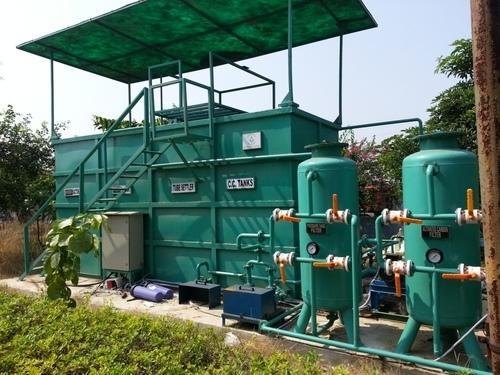
Facebook comments: ManaHotels